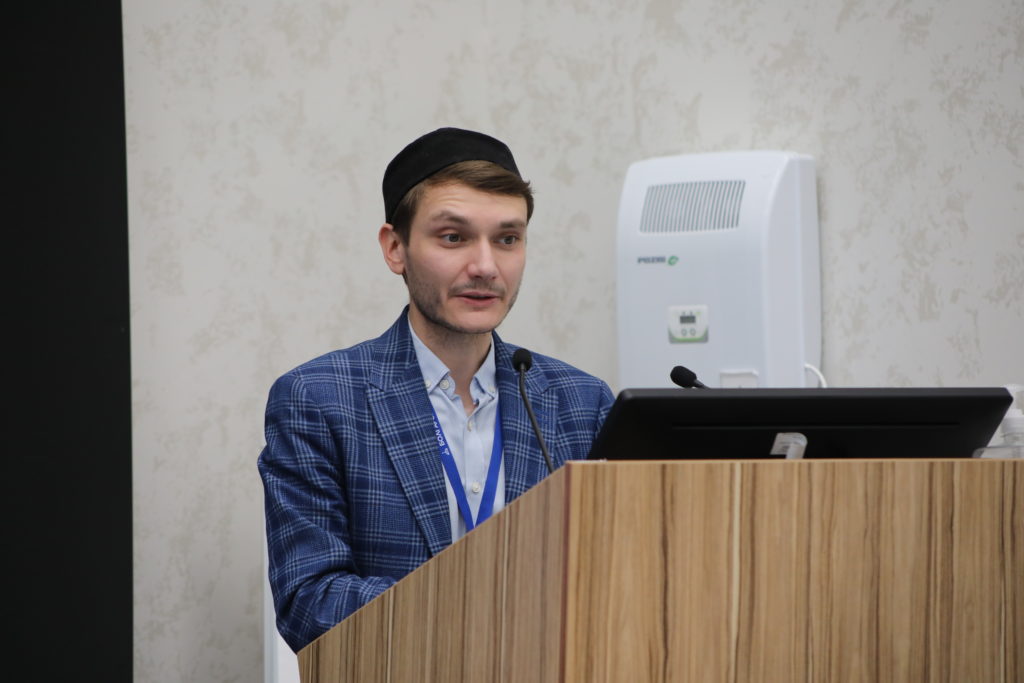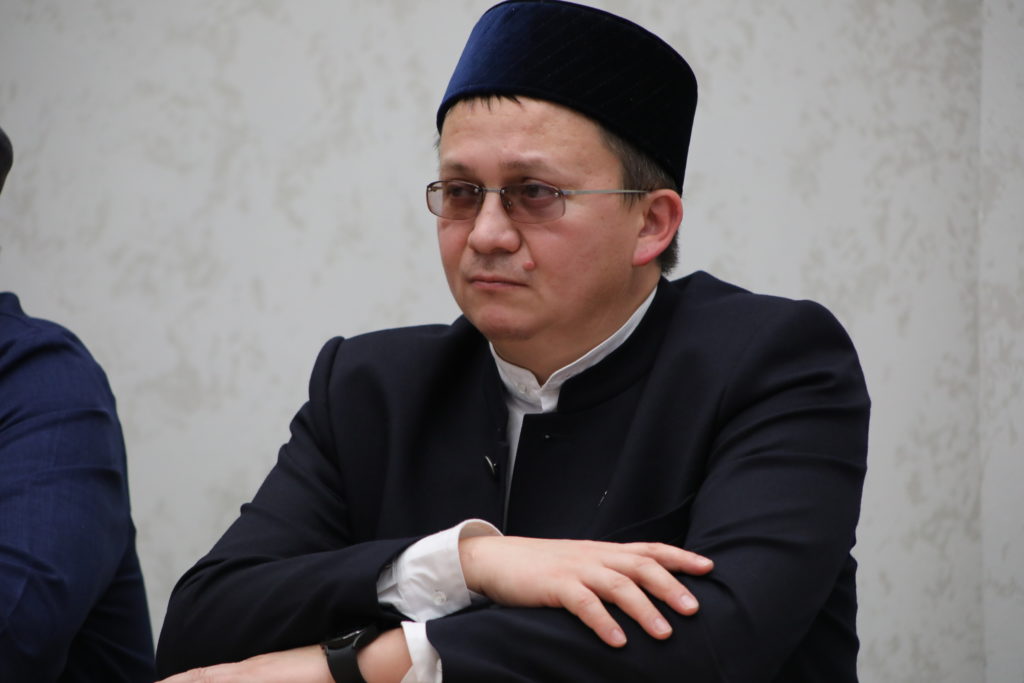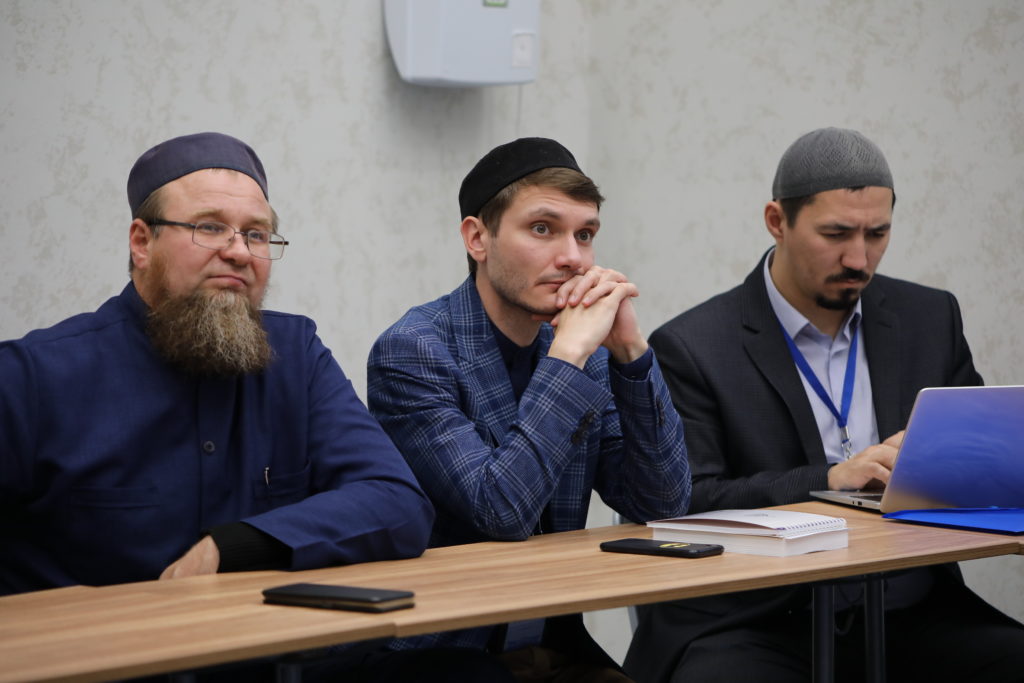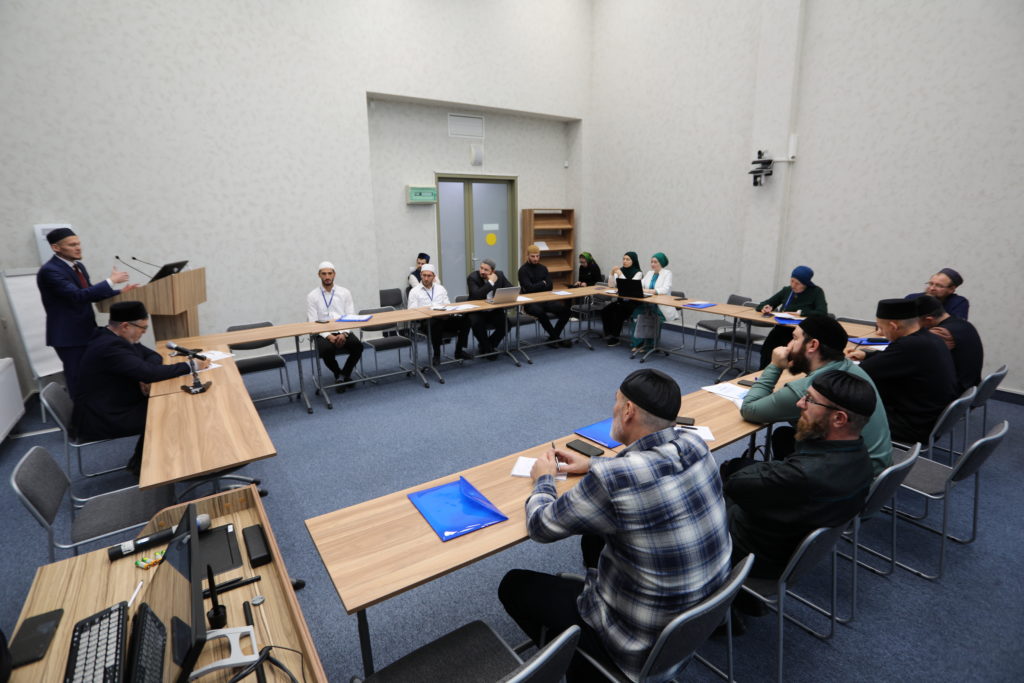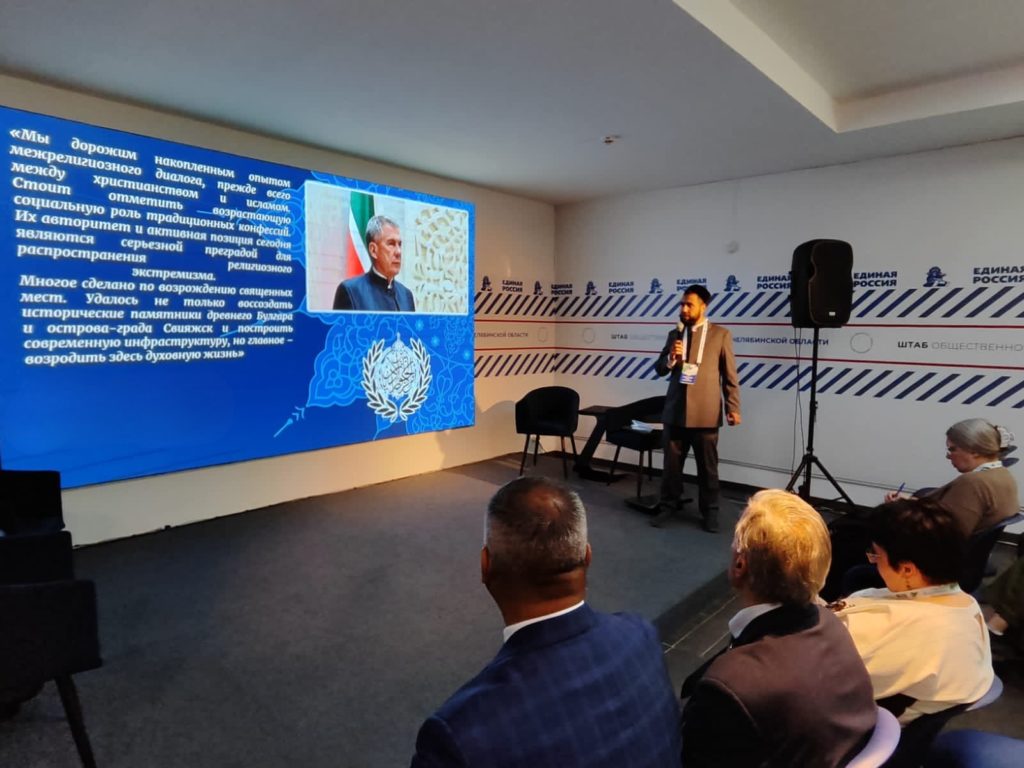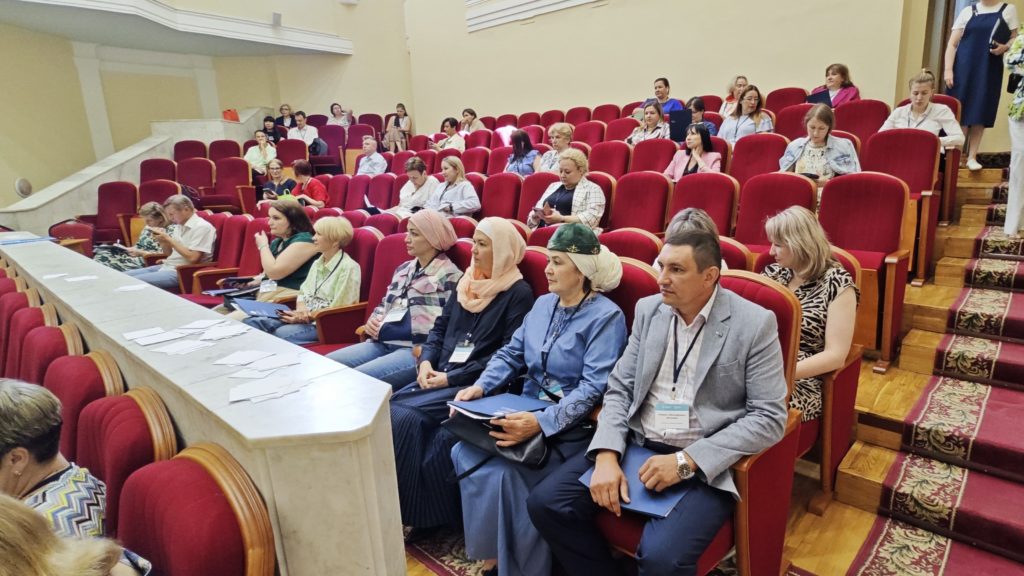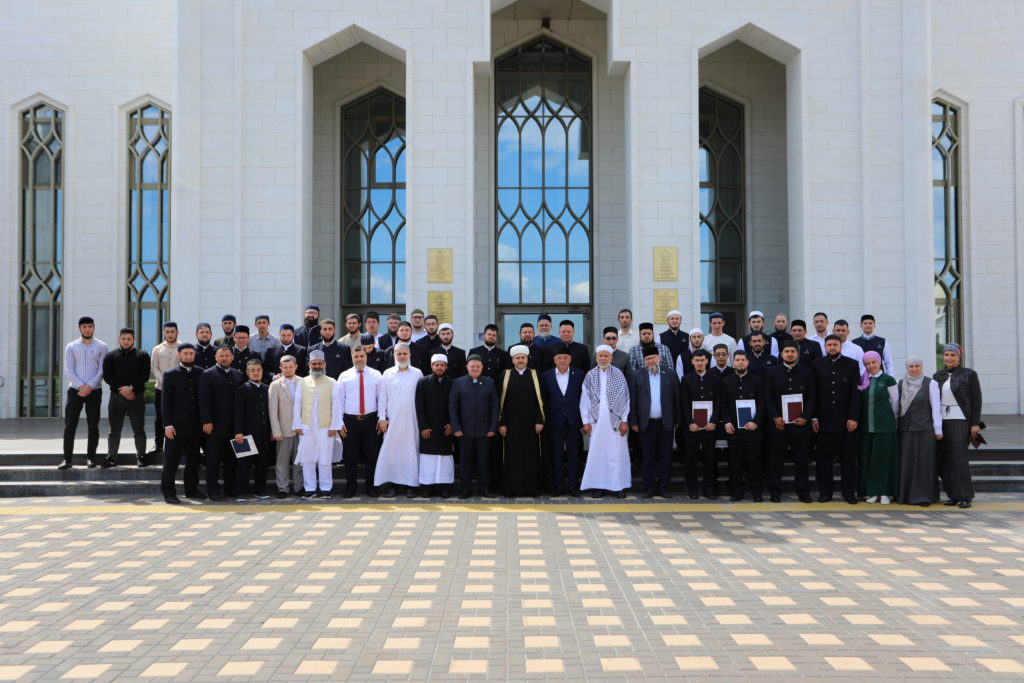A scientific-practical seminar “formation of research competences in the system of Muslim religious education” was held at the Bolgar Islamic academy with the assistance of the foundation for the support of Islamic culture, science and education. Among the participants were representatives of Muslim religious educational institutions (universities and madrasas), spiritual administrations of Muslims, as well as a number of specialists from research institutions.
On the closing day of the seminar Ruslan khazrat Tagirov, vice-rector for scientific activities of the academy, delivered a lecture. In his speech, he provided more details about the tasks facing the Bolgar Islamic academy in the field of training highly qualified and competitive scholars of theology, religious figures, who are supposed to make up the cadre elite of the Muslim Ummah of Russia.
In the opinion of the vice-rector, for successful formation of both general scientific research competences and “religious” competences, it is necessary to develop special programs and courses aimed at the development of research skills among the students of the whole three-level system of Muslim religious education.
“Starting from the madrasa level, then higher Islamic educational institutions graduating bachelors, and finally ending with the Bulgarian Islamic Academy, it is necessary to build a system of training in research work taking into account the tasks facing each level. The first step here is the development of manuals on research activities for each of the three levels of Muslim religious education,” said Ruslan khazrat Tagirov.
Within the framework of the seminar, the participants showed high interest in the topic and the questions that were highlighted, as well as noted the practical importance of the event and suggested to organize such seminars every six months in a permanent place.
According to Evgeny Khamidov, a senior lecturer at the department of religious studies at KFU, such seminars are very useful.
“There is a certain space between the conventionally theological tradition and the theological (meaning academic interpretation). Such events bring us closer to understanding how we can dissect the socio-humanitarian field that lies before us,” Khamidov emphasized.

